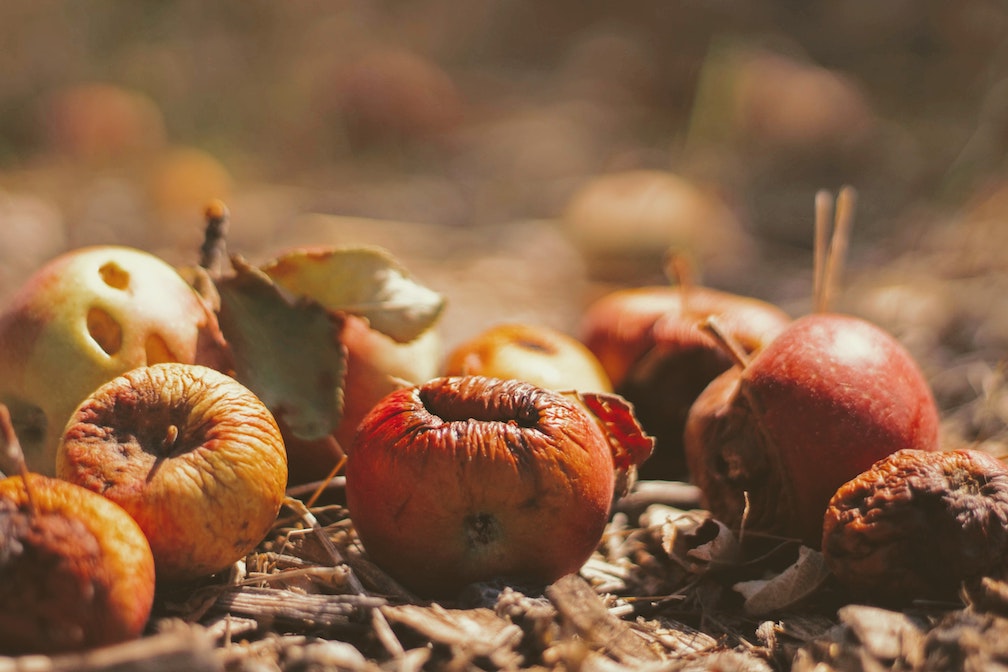Call for Australians to halve massive food waste by 2030

Every Australian needs to prevent 150kg of food waste each year if the nation is to meet its national strategy to half food waste by 2030, Fight Food Waste says.
In Australia, 7.6m tonnes of food is wasted each year – about 320kg per person – and that waste generates 17.5m tonnes of CO2, over 3% of total greenhouse gas emissions. And it is calling on a national strategy is to halve food waste by 2030, a United Nations sustainable development goal.
If every Australian slashes food waste by 30%, experts say consumers would save more than $33bn and prevent 12m tonnes of CO2 emissions.
Up to 25% of fruit and vegetables never leave the farm, mainly because they're not shaped perfectly for supermarket quality control demands. And much of what shoppers end up buying off the shelves ends up in the garbage bin. That adds up to more than $2,500 a year per household.
The food waste epidemic has only got worse since Covid. It’s a global problem as much as Australia’s – and one with massive environmental implications. A 2021 United Nations report said if food waste were a country, it would be closely behind the USA and China as the third-highest emitter of greenhouse gases.
In fact, 31% of all food grown in the world goes uneaten – and putting food in landfills releases tonnes of greenhouse gases. Near 10% of global emissions.
Fight Food Waste Ltd – made up of the research organisation Fight Food Waste Cooperative Research Centre and industry leader Stop Food Waste Australia – says it will take committed action from individuals, households, government, and industry to meet the 2030 target.
Fight Food Waste Ltd CEO Dr Steven Lapidge says changing consumer behaviour is crucial. “Australia’s goal to halve food waste by 2030 is a challenging target, but we believe it is one we can meet – but only with the collaboration and support of each and every Australian,” he said. “Slashing your food waste by 30% isn’t a dramatic lifestyle makeover – it can be as simple as buying the right amount of food, making sure you store it properly and eating your leftovers.”
Experts and business leaders have called for tax concessions so businesses can donate food instead of throwing it away, which is a cheaper option right now for industry.
“Australia has extensive tax deductions for charitable donations, but no tax incentives to specifically target reducing food waste or addressing food insecurity,” Dr Lapidge said. “In many cases, it makes business sense to discard food rather than donate it since the cost of disposal is often lower. So under the current policy framework, it's far easier and cheaper for businesses to simply just throw out food.”
Photo: Joshua Hoehne/Unsplash













